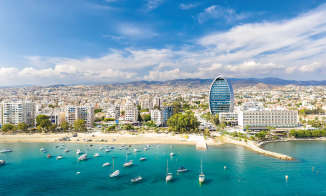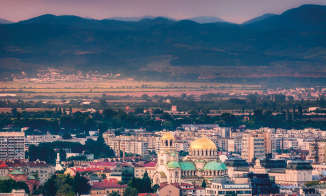The Southern European market has been largely dictated by the recent inflow of foreign investment to the region, as the real estate, renewable energy, and corporate spheres profited extensively throughout 2023. The Euro Elite’s Southern Europe contingent comprises firms from the highly competitive Israeli and Greek markets. While Israel is technically not in Europe, it has been included in the Euro Elite analysis for some years. However, the country’s war against Hamas has sent shockwaves through its $431bn economy, affecting many thousands of businesses and plunging many industries into crisis – making any assessment of the legal market inappropriate at present.
At the close of 2023, Greece’s economic growth continued to outstrip that of other European nations, with the country experiencing a sector boom in the real estate and construction industries. George Bersis, managing partner of POTAMITISVEKRIS, partly attributes the progress down to ‘the reforms of the current pro-business government kicking in’ alongside ‘foreign direct investment’. Blackstone Real Estate Partners Europe is championing this investment drive, as evidenced by its purchase of five high-end hotel resorts for €178m. Continue reading “Euro Elite 2024: Southern Europe – Treading carefully”
















